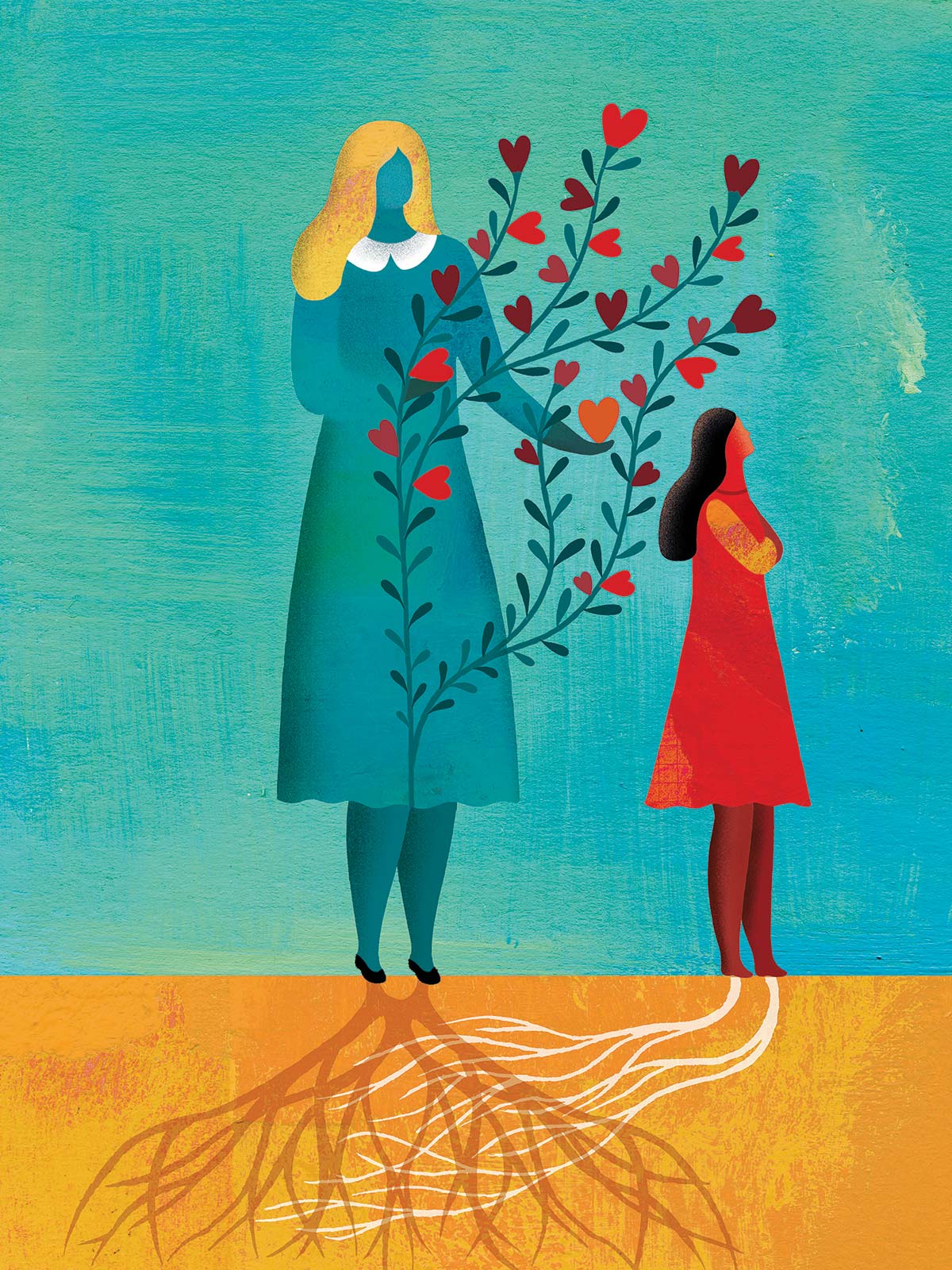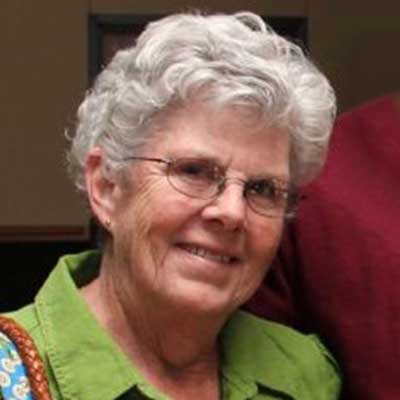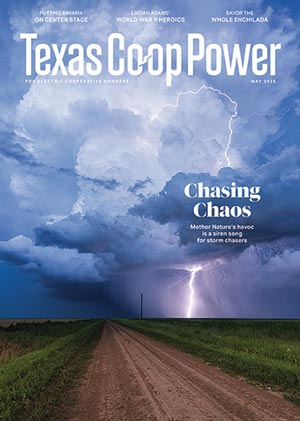We called our grandmother Bobbin. I’m not sure why. She was my mother’s stepmother, acquired with some reluctance on Mother’s part when her father remarried a few years after her own mother died of rheumatic heart disease.
By the time Bobbin came into her life, my mother was a tiny tyrant, used to having her father and a string of housekeepers kowtow to her every need.
To be fair, it must be hard to lose your mother at the tender age of 6, especially since Mother was not allowed to attend the funeral. No one explained to her what had happened.
Mother, a petite, lively tomboy with shining dark hair, and Bobbin could hardly have been more different. Bobbin was tall and willowy with long blond hair. As the wedding approached, she pored over a box of family photos, trying to capture a past she had not shared.
There were problems, of course. They faced the task of consciously building the bridge of communication and love that typically develops naturally between parents and their children. My grandfather, superintendent of schools in a small Wisconsin town, could do little more than stand by and watch with love and understanding.
Bobbin’s well-meaning friends offered unsolicited advice. Mother’s playmates stood ready with sympathy. “Is she mean to you?” they asked. But most of the problems seemed to stem from worrying too much.
Admiration and love gradually grew. When Mother learned in her early teens that Bobbin was expecting, she rushed out to be the first to buy a present for the new arrival.
Years later, Mother shared this bit of advice with Bobbin, who was writing an article about stepmothers: “Tell them to be demonstrative about showing affection even if the child doesn’t appear to want it. I used to pretend I didn’t want to be hugged and kissed, but deep down I wanted it badly.”
By the time Mother married and had a family of her own, none of us perceived a difference between our beloved Bobbin and other grandmothers. When she rode the train to Texas to visit us, she was entangled in so many loving arms, she couldn’t move out of the way to allow other passengers to disembark.
She regularly trounced my brothers and me at Scrabble—no surprise since later in life she worked in Washington, D.C., as an editor at the national cathedral. As much as she loved us, she never let us win.
We lost her in her 80s when a young addict grabbed her purse as she walked home from church, slamming her onto the sidewalk. She only had $20. If he had asked her, she would have gladly given it to him.
Bobbin’s DNA did not match ours; she was a grandmother of the heart.



